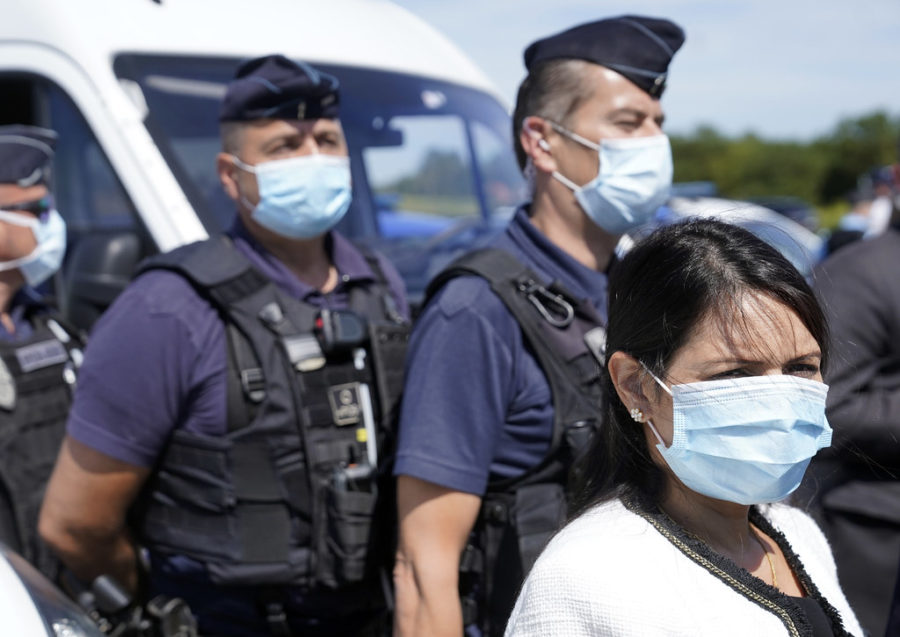This simple proposal could go a long way to ending the migration “crisis” in the English Channel
If you want refugees to use a legal route, then you have to create one.

The following fallacy is often heard in the UK media debate: “people smugglers have duped vulnerable people who should – and could – be using safe and legal routes”. This deceptive argument appeals to our everyday humanity. No one wants to help criminals that are exploiting the desperation of vulnerable people. All would like legal routes to be used. But the UK government know full well that there is no safe, legal route for this group of people.
In truth, it is the securitisation of borders and the closure of legal routes that forces vulnerable people into the hands of smugglers. Providing safe passage would remove the demand for these services driving the black market.
A new cross-party amendment to the Nationality and Borders Bill addresses this situation by establishing a straightforward legal route for those across the Channel seeking refugee protection in the UK (to read it see pages 7 – 8 of this document). It would simply create an ‘asylum visa’ for applicants in France. Provided their claim is considered to have a reasonable chance of success and they have grounds for applying in the UK (e.g. family-connections or other ties), the applicant would receive documentation allowing them to buy a regular ticket and undertake a legal crossing.
Not radical, just practical and humane
This is certainly not a radical proposal – and it, by no means, represents a full rights-based approach to immigration policy. However, there are reasons for thinking that this very minimal reform would go a long way to ending a “crisis” which has been legally manufactured by UK border policy – and, specifically, its closing down of legal, safe routes.
Why would this likely end the immediate humanitarian disaster in the English Channel? Simply because the data we have available strongly suggests that the vast majority of those making the journey would meet this threshold for receiving the special asylum visa.
Research from the Refugee Council, which used Freedom of Information requests and Home Office statistics, found that those undertaking the crossing overwhelmingly come from countries with known conflict or political issues that could lead people to flee the country. They found that 98% of those that made the crossing sought asylum in the UK and 91% came from just ten countries where human rights abuses, violence and persecution are very common.
This means they would have reasonable chance of making a successful application for refugee protection, meeting the requirement for the proposed visa. So, the government have a measure at their disposal to end the crisis right away: create a simple temporary asylum seeker visa, providing the safe, legal route, which they claim to support.
December 1, 2021
Brexit Spotlight is run by Another Europe Is Possible. You can support this work by joining us today. The website is a resource to encourage debate and discussion. Published opinions do not necessarily represent those of Another Europe.





